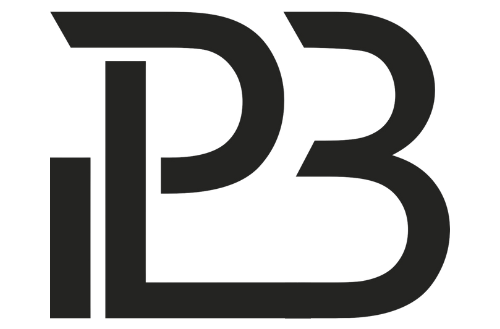Unlock the power of deep work to boost your productivity. Discover practical strategies for integrating deep work sessions into your daily routine and learn how to achieve focused success.
In an era dominated by constant connectivity and distractions, the ability to concentrate deeply on tasks is becoming a rare yet increasingly valuable skill in the workforce. Coined by Cal Newport in his seminal book “Deep Work: Rules for Focused Success in a Distracted World” deep work refers to the practice of focusing without distraction on a cognitively demanding task. Mastering deep work not only boosts your productivity but also enhances the quality and speed of your output. This article explores the concept of deep work, its significance in today’s fast-paced world, and provides actionable strategies to integrate deep work sessions into your daily routines.
Table of Contents
Understanding Deep Work
Deep work is the ability to focus completely on a task that requires high cognitive demand, allowing for the development of new skills and the production of high-quality work quickly. This contrasts with “shallow work,” tasks that can be performed while distracted and that do not require much cognitive effort.
Importance of Deep Work
- Enhanced Learning and Skill Development: Deep work pushes your cognitive capabilities to their limit, transforms your ability to process and retain information, and helps you achieve mastery quicker.
- Increased Productivity: By minimizing distractions and maximizing concentration, deep work allows you to accomplish more in less time.
- Competitive Advantage: In a world where many are bogged down by emails and meetings, mastering deep work can make you stand out by producing superior results.
Strategies for Implementing Deep Work
Schedule Deep Work Blocks
Identify times in your day when you are typically most alert and productive. Block out these periods for deep work sessions, ideally ranging from 90 minutes to three hours. Treat these blocks as non-negotiable appointments on your calendar.
Create a Conducive Environment
Your environment plays a crucial role in the success of your deep work sessions. Find a quiet location where interruptions are minimized. This might be a home office, a secluded part of a library, or even a quiet café. Ensure your workspace is organized to reduce visual distractions.
Establish Rituals and Routines
Start each deep work session with a ritual to signal to your brain that it’s time to focus. This could be a cup of coffee, a few minutes of meditation, or reviewing your goals for the session. Likewise, end with a routine that signifies the end of deep work, such as a short walk or a closing checklist of your accomplishments.
Work with Greater Intensity
Train yourself to work with high intensity during deep work sessions. This means setting ambitious but achievable goals for each session, such as writing a certain number of words or solving a particular number of complex problems.
Embrace Boredom
Train your mind to embrace boredom rather than switch to distractions. Practice concentration by limiting your exposure to smartphones, social media, and television outside of your deep work sessions. This enhances your ability to concentrate during deep work.
Use Technology Mindfully
Leverage technology to block out distractions. Apps like Freedom or Cold Turkey can block distracting websites and apps, helping maintain focus during deep work sessions.
Supporting Your Deep Work with the Right Tools
To further enhance your deep work practice, consider utilizing tools designed to facilitate focused work:
- Deep Work Planner: A specialized planner can help you organize your tasks, set goals, and track your progress. It encourages consistency and accountability in your deep work practice.
- Deep Work Guidebook: Invest in a guidebook that offers detailed advice on optimizing your environment, routines, and strategies to make the most of your deep work sessions. Such resources provide additional insights and tips to refine your approach.
Read More:
- The Science Behind Taking Breaks for Increased Efficiency
- Inbox Zero Email Management: Achieving and Maintaining Email Nirvana
- Maximizing Efficiency with the Two-Minute Rule
Conclusion
Mastering deep work is essential for anyone looking to enhance their productivity, produce high-quality work, and accelerate their career growth. By setting aside dedicated time for deep work, optimizing your work environment, and employing strategies to maintain focus, you can significantly improve your professional output. Utilizing tools like a deep work planner or guidebook can provide structured support as you cultivate this valuable skill. Embrace the principles of deep work, and watch as your ability to work deeply and productively transforms your professional life.




